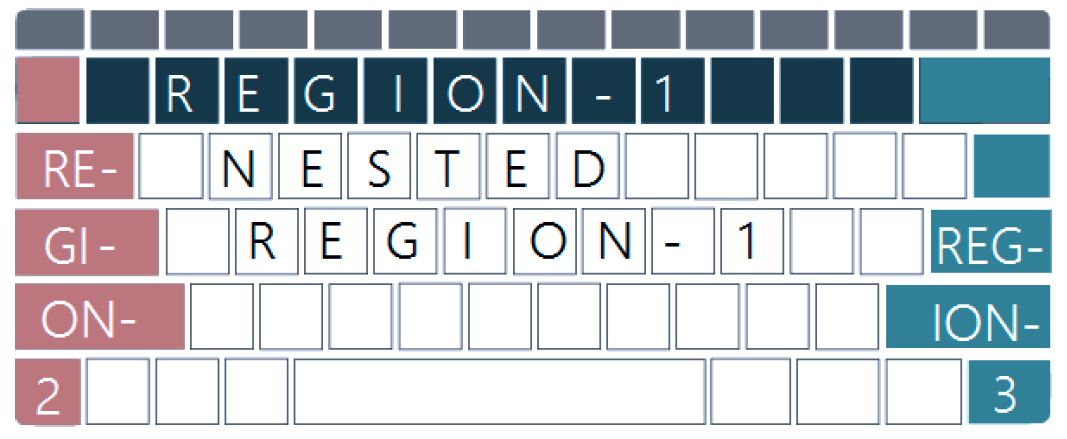Screen Reader Plus Keyboard Helps Blind, Low-Vision Users Browse Modern Web Pages
Aisha Rashid (DC 2019)Tuesday, April 24, 2018Print this page.

Researchers from Carnegie Mellon University and the University of Washington have engineered a navigation tool to help people who are blind or have impaired vision navigate web pages that require clicking on photos, maps or nested lists.
The new tool, the Spatial Recognition Interaction Technique (SPRITE), uses the keyboard in conjunction with current screen-reading technology to help users navigate through a website.
"We're not trying to replace screen readers, or the things that they do really well," said Jennifer Mankoff, a faculty member in the Human-Computer Interaction Institute who last year joined the University of Washington. "But tables are one place that it's possible to do better."
With SPRITE, users can access website features that may be inaccessible or nearly so using only a screen-reader. For instance, users can now use number keys to navigate through a menu, and can double-click to open a submenu or select items from it.
Mankoff, HCII Ph.D. students Rushil Khurana and Elliot Lockerman, and CMU alumnus Duncan McIsaac are developing this tool as one of many resources to help visually impaired users navigate through tasks on a two-dimensional screen.
The team compared how blind/low-vision users in their study completed web-browsing tasks using their favorite screen reader technology alone and with SPRITE. Three times as many participants completed the tasks within the time limit using SPRITE than without it.
"This study demonstrates that we can use the keyboard to bring tangible, structured information back, and the benefits are enormous," Mankoff said. "We hope to deploy something that will make a difference in people's lives."
The team will present their findings April 25 at the Conference on Human Factors in Computing Systems (CHI 2018) in Montreal.
Byron Spice | 412-268-9068 | bspice@cs.cmu.edu
